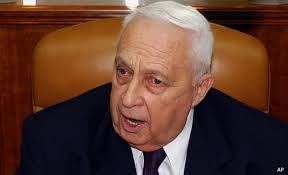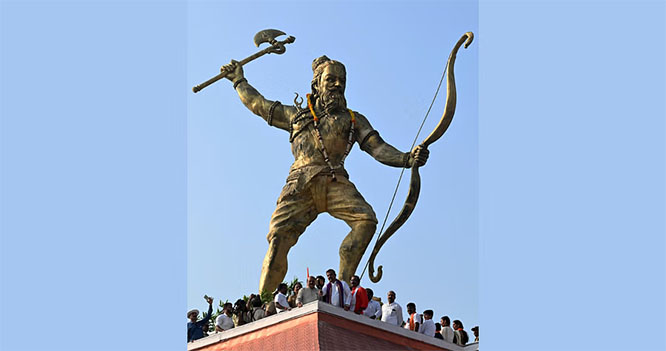
On January 4, 2006, Ariel "Arik” Sharon was at the height of his political power: His newly founded Kadima party had just beat the rival parties to a pulp in pre-elections polls, which predicted it securing 40 Knesset seats in the approaching election.
Then in a single moment, the 78-year-old Sharon fell from the political stage, suffering his second serious stroke within two-and-half weeks and bringing his electoral blitz to a halt. Israel's prime minister was brought to Jerusalem's Hadassah University Hospital in Ein Karem, and his illness soon became the focus of world attention in the frenzied 2006 Israeli elections campaign.
Everyone had expected Sharon, the controversial military and political leader, to substantially push forward the peace process with the Palestinians, the primary reason he had left the Likud party and established Kadima.
A huge upheaval swept Israeli politics when Sharon established his centrist party.
Just two decades earlier, Sharon had been considered a leper in the international community and among a wide swathe of Israelis, was seen as wearing around his neck the albatross of the Israeli sins committed during the First Lebanon War, following his humiliating removal as defense minister by the government's Kahan Commission.
That inquiry found Sharon personally responsible for not preventing the massacre of Palestinians in the Sabra and Shatila refugee camps by forces belonging to the Lebanese Christian Phalange party.
After his ouster from office, Sharon remained an outcast in the political arena, carrying the image an extreme right-winger, almost demonic in nature.







Comments
Add new comment